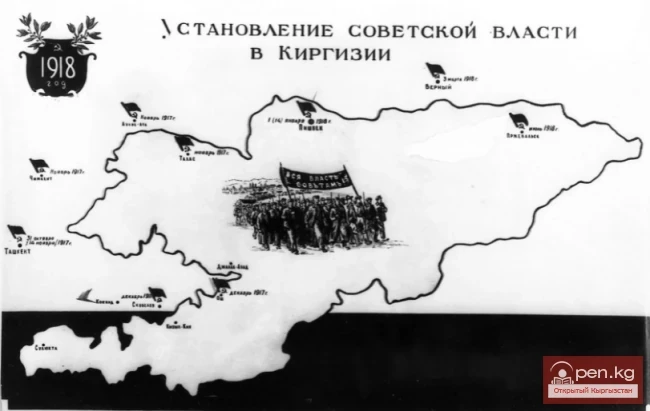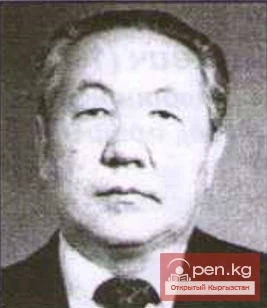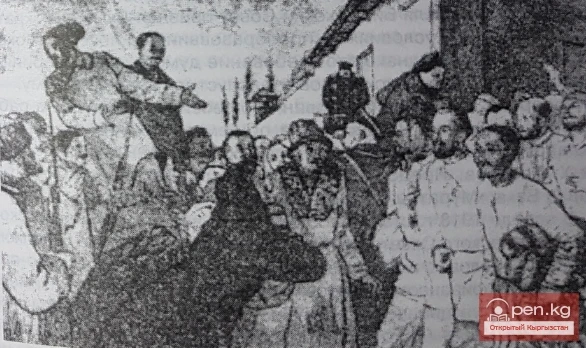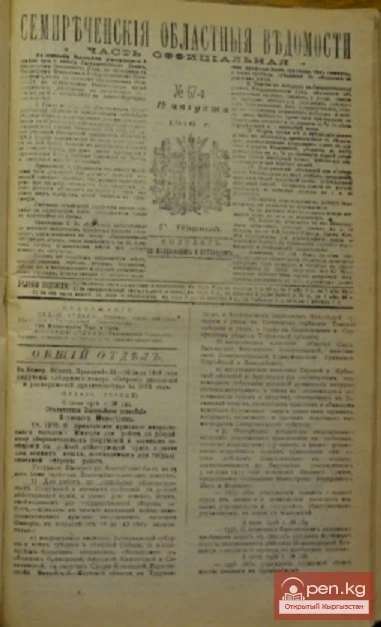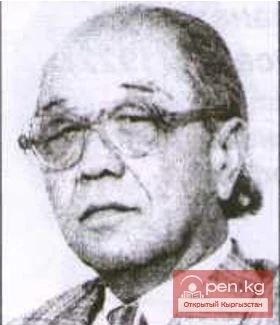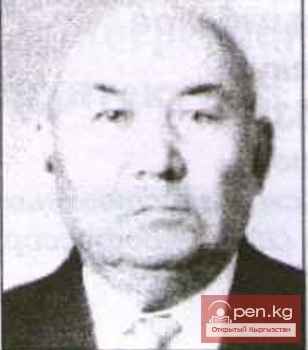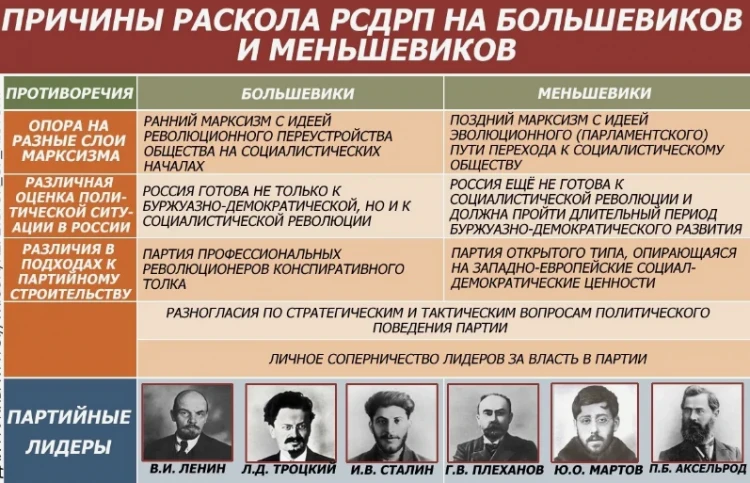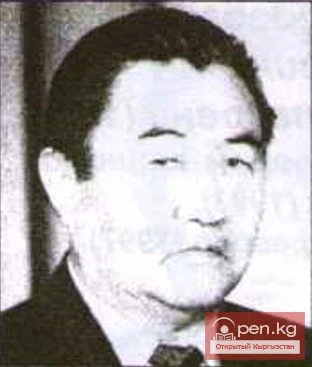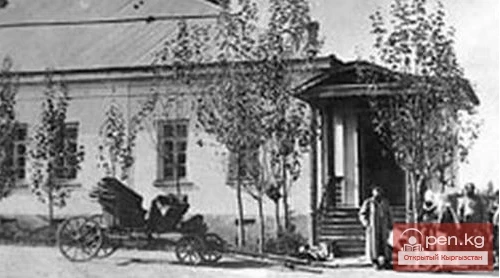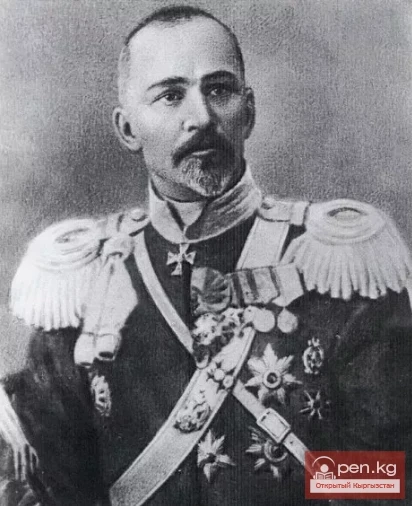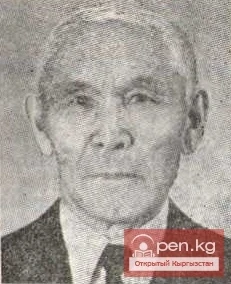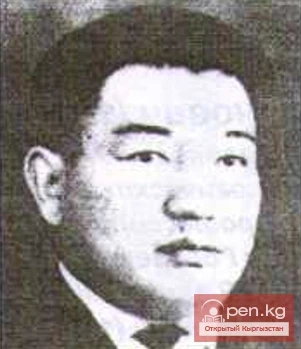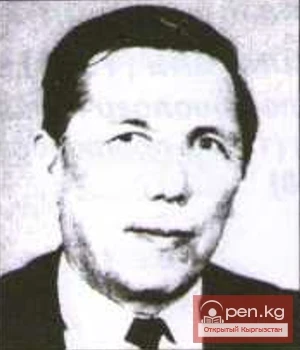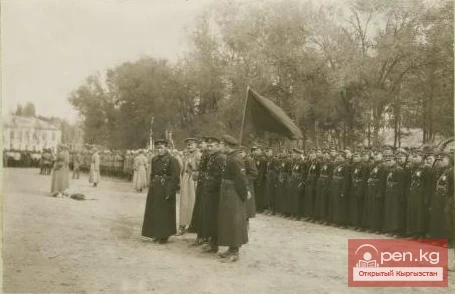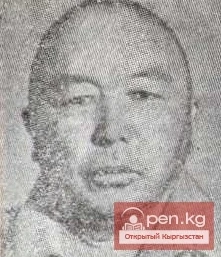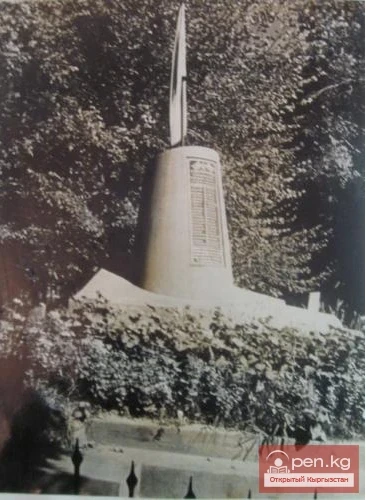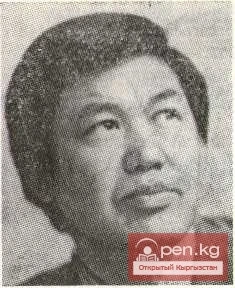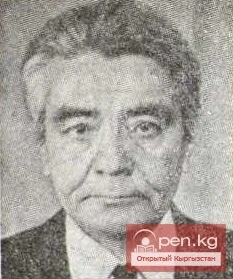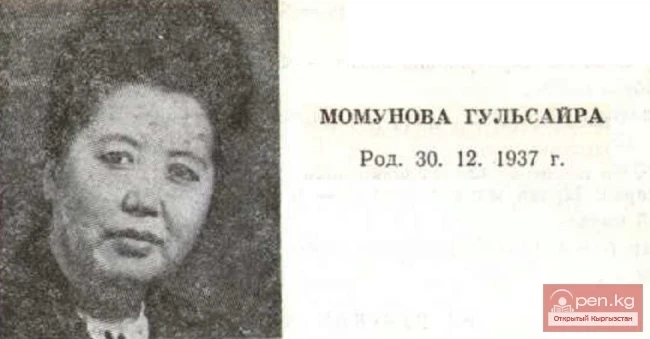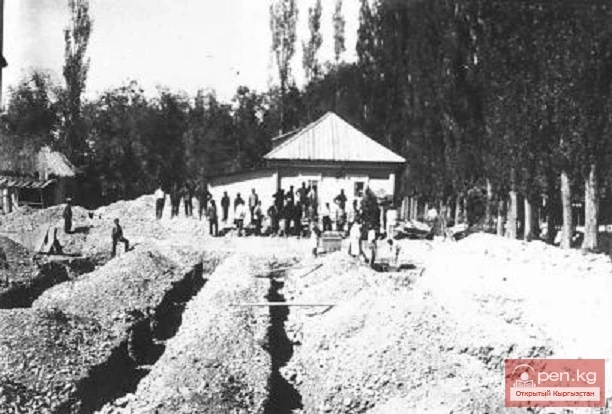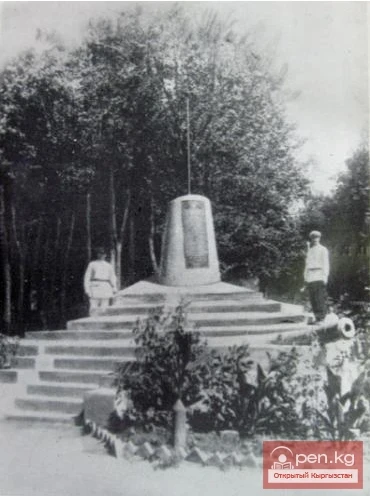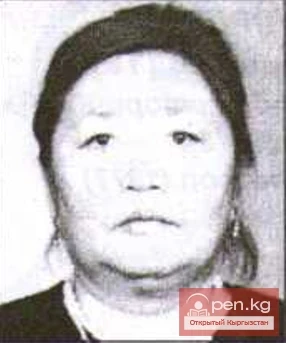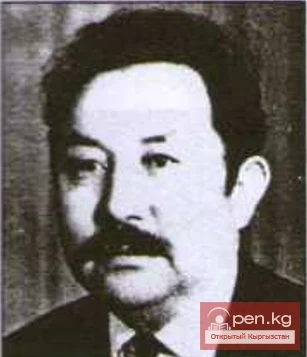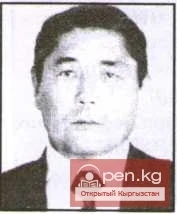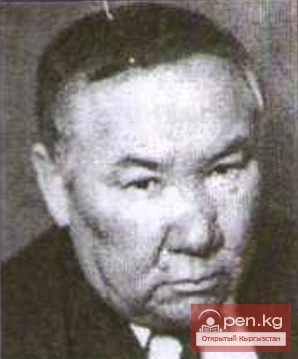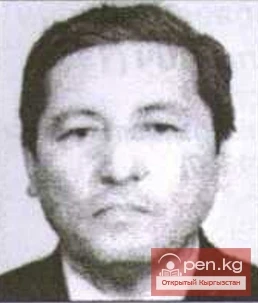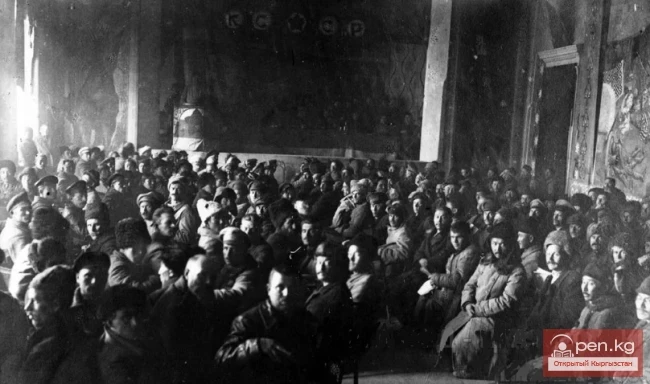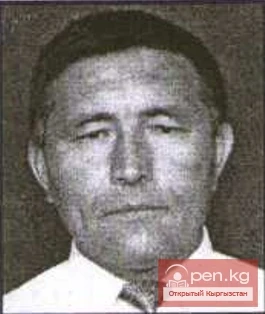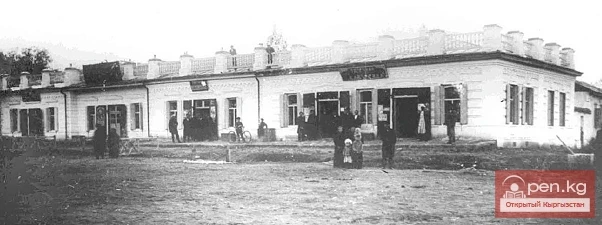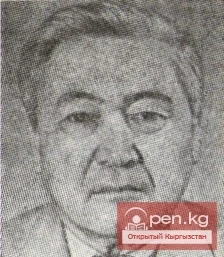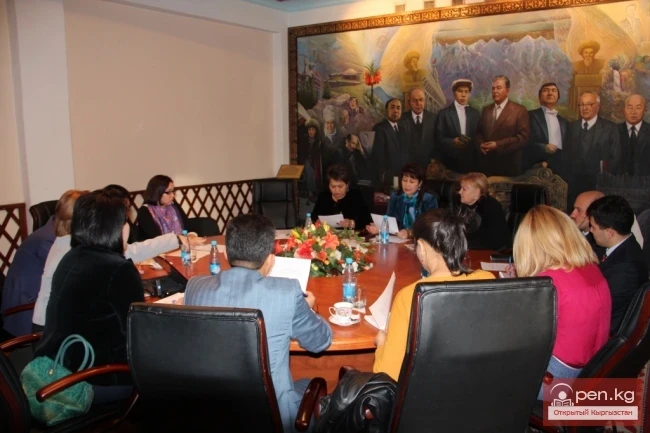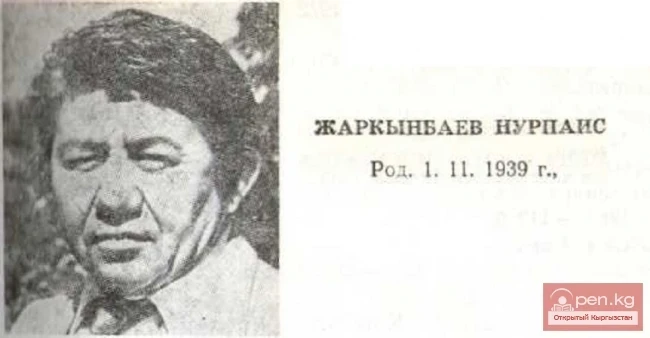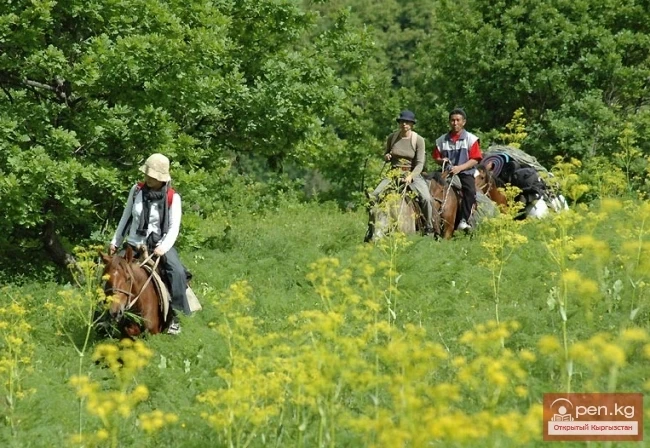Recognition of Soviet Power
From February 11 to March 3, 1918, the founding congress of the councils of the Pishpek district took place in Pishpek. Out of 81 delegates elected at village meetings, 66 participated in the congress. The Congress of Councils adopted a resolution recognizing Soviet power in the district, formed sections of the district council, adopted a resolution on transferring the zemstvo's affairs to the councils and on organizing land committees, and on reviewing the activities of the Kyrgyz bourgeois committee. Given that the peasant councils of deputies merged with the general council, the congress adopted a resolution to abolish the peasant council in the district and elected a permanent presidium of the district council consisting of 7 members, headed by G. I. Shvets-Bazarny. The founding congress of the councils marked the final stage of establishing Soviet power in the Pishpek district, and the councils began work on creating a socialist economy by organizing a people's bank, nationalizing industrial enterprises, and landlord and feudal agriculture.
On March 9, 1918, the first issue of the newspaper "Pishpek Leaf" was published — the organ of the district council, edited by G. I. Shvets-Bazarny. In 1920, it was replaced by the newspaper "Red Morning" — the organ of the Pishpek district committee of the RCP(b), which played a significant role in strengthening Soviet power in the city and the district.
On April 1, 1918, the city Duma declared its recognition of Soviet power. On April 3, the Pishpek Council recognized the Duma as a democratic body under the conditions of its transformation on new democratic principles. However, this requirement was not accepted by the Duma. On June 10, 1918, the Pishpek Council dissolved the city Duma.
In April 1918, a trade union of artisan workers was organized. On April 26, at a general meeting of its members, the Bolshevik K. Khasanov delivered a report on the tasks of trade unions. Bakas Muratov was elected as the chairman of the trade union, and Shakir Sultanov as the secretary.
In April 1918, almost all sections of the Pishpek district-city council and the executive committee department began to operate. The executive committee consisted of 11 members, with sections: food — 6, trade-industrial and financial-tax — 16, investigative — 8, land — 14, revolutionary tribunal — 8, members of the union of free warriors — 2. There were also working commissions: auditing and sanitary under the executive committee of the council. The staff of the Pishpek district-city executive committee of people's deputies as of May 1, 1918, consisted of 18 people.
Alongside the district-city executive committee, a city council functioned with corresponding departments. The council's apparatus consisted of 21 people: including 5 members of the city council, 3 secretariat workers, 5 clerical workers, 3 accounting-reporting staff, 1 market supervisor, 1 bazaar supervisor, and 3 staff members of the city council.
The Pishpek district-city council in its practical work was guided by the constitution of the RSFSR adopted in 1918. Based on this constitution, the RSFSR developed and published instructions on the work of rural, volost, and district councils and executive committees.
Among the nationalized industrial enterprises in Pishpek are: 2 flour mills of the former Yengalchev family, the Edison electric theater, the Progress printing house, and the breweries of Ivanov, Yereshenko, and two breweries of the Pugasov family. 95 houses were municipalized, with an average value ranging from 300 to 30,000 rubles. The list included houses belonging to A. Pushnikov, M. Fedotov, Mirzabekov, Barukhov, Isakh Daulbekov, and the Uzbekov brothers: Abdullah, Ashir, Akchurin Hasan, Galey Uzbekov, Yusuphanov, Atakhan, Khikhur, Taiiduro, Burnashev Khusain, Taimatov Mukhammed, Tarifa, A. Yereshenko, Yansan Shivaza, and others, from whom three houses were confiscated each.
Law enforcement agencies began to operate. The revolutionary tribunal of the district reviewed 91 cases in 1918: 15 people were found guilty and sentenced to various terms, 9 people for a total of 1,600 rubles.
Pishpek - the center of revolutionary struggle in the Chuy Valley
